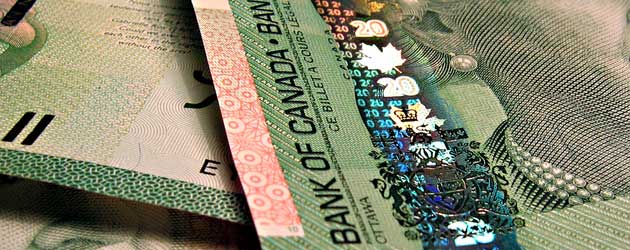
Yesterday the Canadian Dollar briefly rose against its US counterpart following the release of better-than-forecast Canadian housing starts data. However, the ‘Loonie’ later pared gains after the price of crude oil (a prime Canadian export) dropped.
The Canadian Dollar Exchange Rate was in the region of 0.9853 against the US Dollar as of 15:48 pm GMT
Today the Canadian Dollar advanced modestly against its American rival as Japan’s new stimulus package boosted the odds of the Asian nation having greater demand for cross-border assets.
The markets have experienced significant fluctuations since the Bank of Japan announced its intention to double monthly bond buying to 7.5 trillion Yen. Haruhiko Kuroda, who recently took over as BOJ Governor, asserted today that these efforts should be enough to end deflation and achieve the central bank’s inflation target of 2 per cent.
Other commodity-driven currencies, including the Australian and New Zealand Dollars, also gained during European trade.
As Adam Cole, a strategist with the Royal Bank of Canada, observes: ‘The market is wondering where does this Bank of Japan liquidity end up?’
Some of the increased liquidity could benefit Canada, although as Cole also noted: ‘Canada has been left behind a bit because of the lower yield and the Bank of Canada’s reluctance to raise interest rates.’
Yesterday reports showed that Canadian housing starts were up slightly from February’s 183,207 units, coming in at a seasonally adjusted 184,028 in March.
Although this data was not enough to offset last Friday’s disappointing Canadian employment data, if tomorrow’s New Housing Price Index shows improvement the ‘Loonie’ could see additional gains.
The publication of minutes from the latest FOMC policy meeting (today at 19:00 GMT) is also of interest. If the minutes are dovish in tone the US Dollar could lose ground, allowing its Canadian counterpart to advance.

Comments are closed.